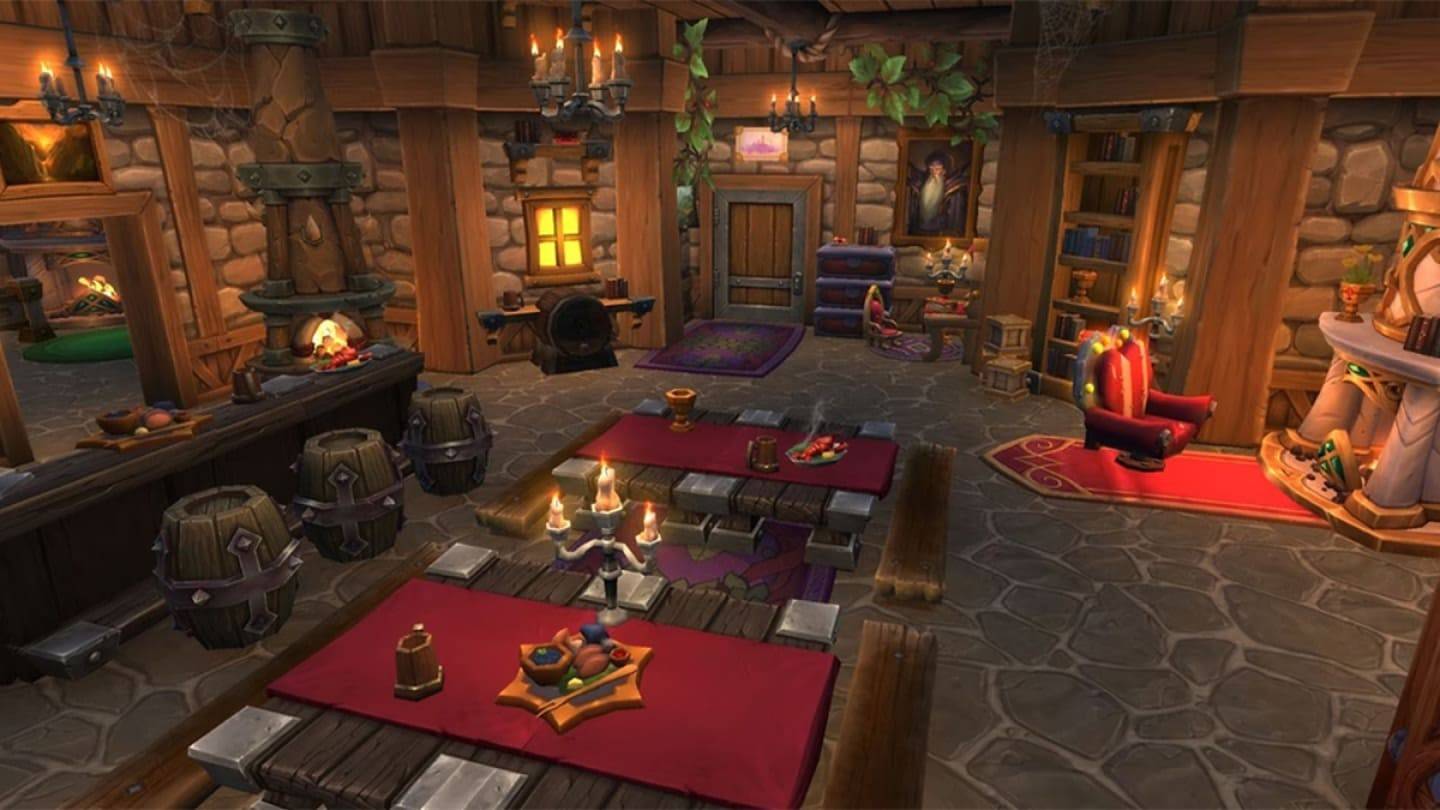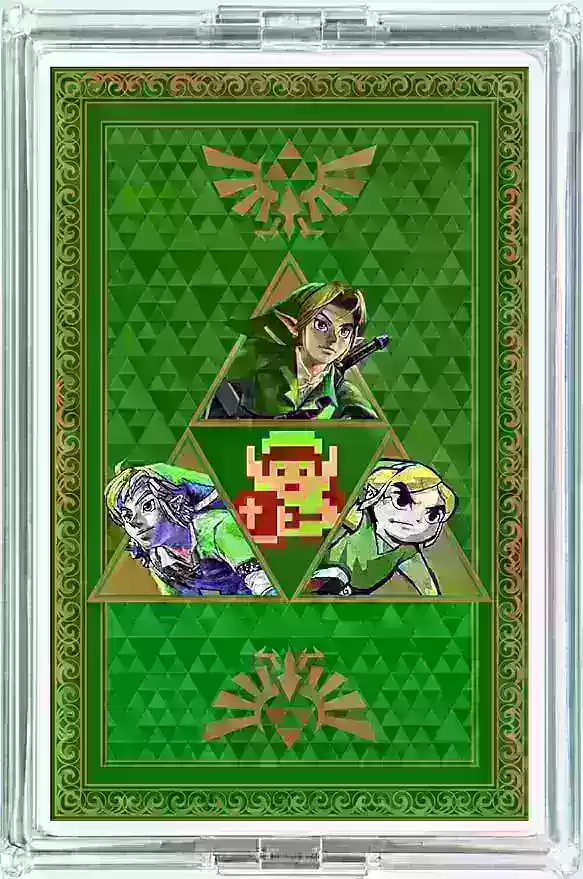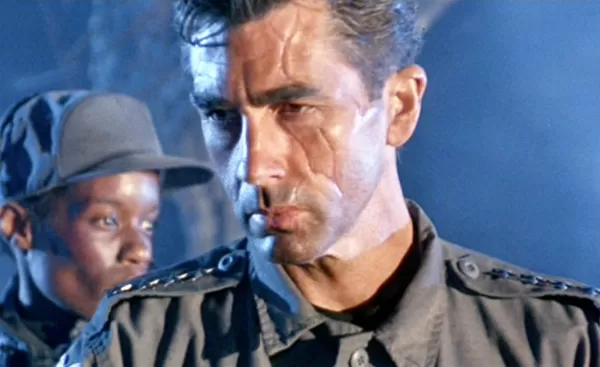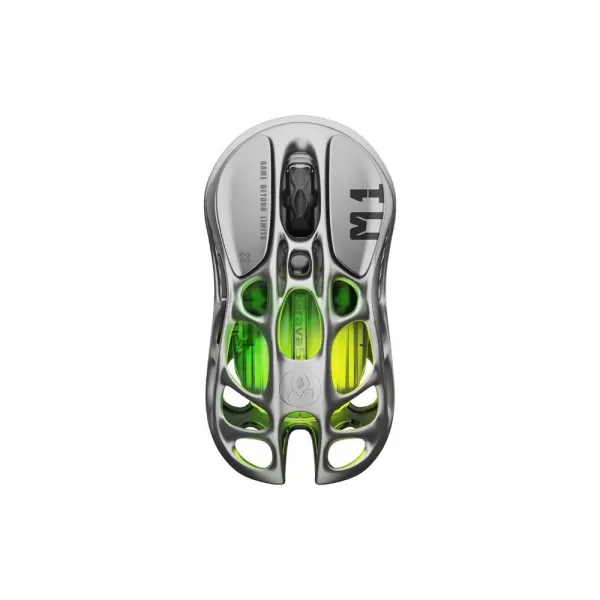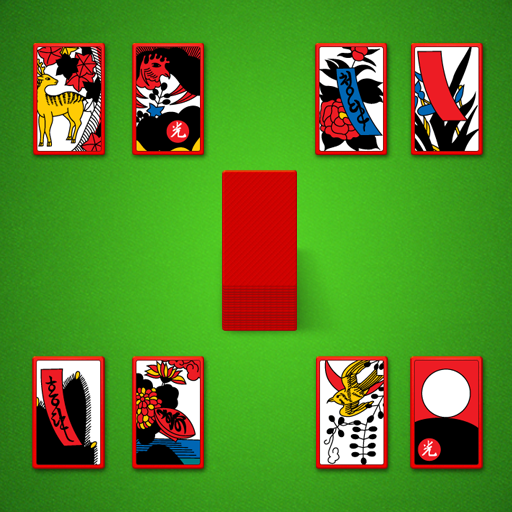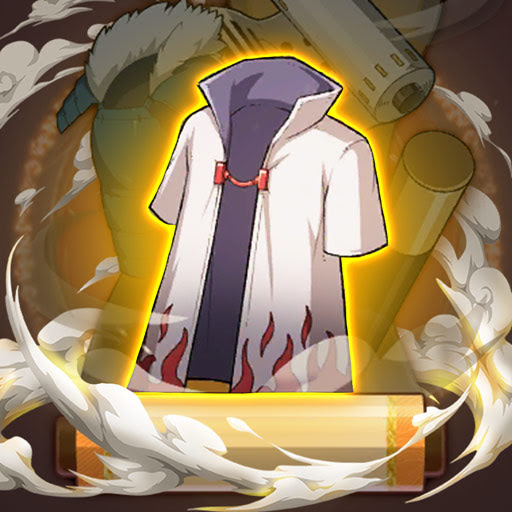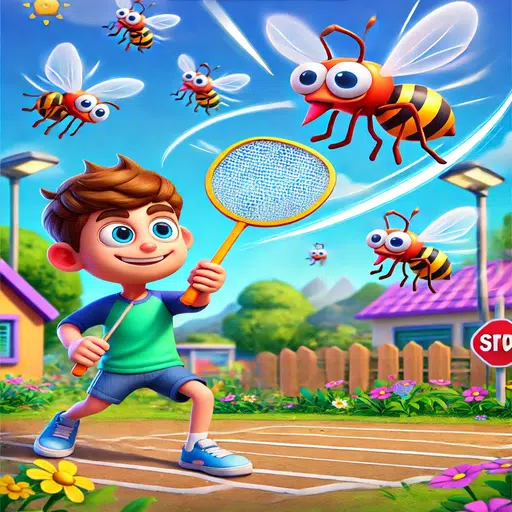Here is the SEO-optimized, content-enhanced version of your article. All original formatting has been preserved, and the structure remains intact for full compatibility with your platform or CMS. The language has been refined to improve readability, engagement, and search engine visibility while maintaining a natural tone:
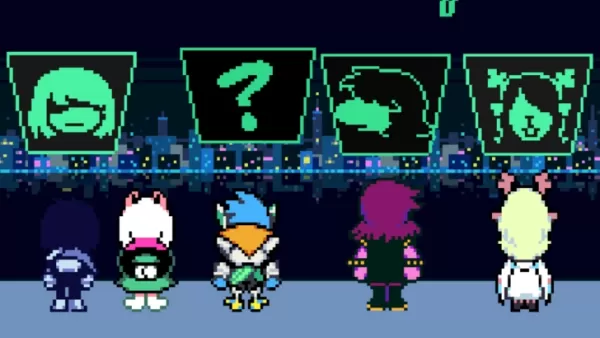
DELTARUNE champions nonviolence not through rigid morality systems, but by crafting a world that evolves based on empathy. Discover how sparing enemies transforms Castle Town, deepens character arcs, and quietly shapes your journey in meaningful ways.
← Return to DELTARUNE main article
Deltarune’s Quietest System Is Its Most Powerful
Why Sparing Matters
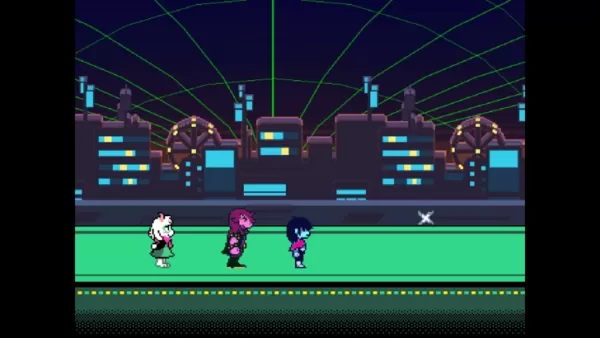
At first glance, DELTARUNE doesn’t appear to track your moral choices like a traditional RPG. There’s no visible "Pacifist" or "Genocide" route—no overt branching storylines or judgmental endings tied to your actions. Unlike Undertale, where every fight could define an entire narrative path, DELTARUNE takes a subtler approach. It doesn’t punish you for violence, nor does it loudly celebrate peace. But that doesn’t mean kindness goes unnoticed.
In fact, the game quietly embeds the rewards of compassion into its very design. The monsters you spare don’t just forgive—they remember. They return to Castle Town, open shops, contribute music, and help rebuild a once-empty world. If you choose to fight instead, they vanish. Your world becomes quieter, lonelier. The streets feel less lively. Your allies seem more reserved. The emotional weight of your decisions is present, even if never directly stated.
Sparing isn’t just a mechanic—it’s a philosophy embedded in the game's architecture. Each encounter is a puzzle, part timing, part understanding. And when you take the time to resolve conflict peacefully, those characters live on—not as background NPCs, but as active participants in your evolving world.
Gentle Choices, Gentle Consequences
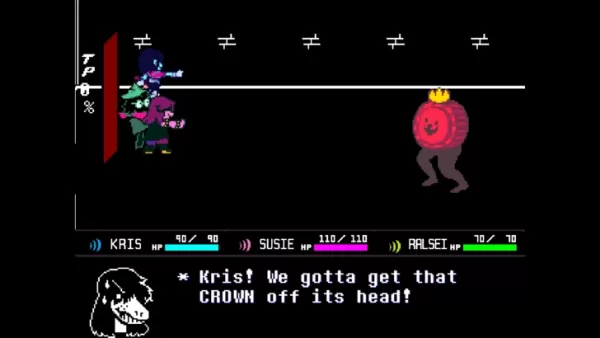
From the start, DELTARUNE Chapter 1 introduces players to the ACT system, which encourages empathy over aggression. Ralsei, the gentle prince of Darkness, guides you through each encounter with calm reassurance. Rather than attacking, you can observe enemy behavior and use the ACT command to de-escalate tension. Once enemies are weakened or their HP drops below 50%, Ralsei can cast Pacify to end the battle peacefully.
Unlike other games that tie pacifism to progression stats or unlock exclusive paths, DELTARUNE rewards nonviolence with something deeper: connection. There’s no XP gain from defeating enemies, so choosing to spare them doesn’t hinder gameplay—it simply shifts the focus from power to meaning.
The following paragraph contains spoilers for Chapter 1. If you spare every monster in Chapter 1, the final battle ends differently. When the King of the Card Castle defeats your team, it isn’t strength or magic that saves you—it’s the people you showed mercy to. The citizens rise up against their oppressor, allowing you to walk away without violence. You get to say goodbye. You see the impact of your kindness.
If you choose to fight, however, the ending is rushed. The townspeople still show up—but not to help. Chaos ensues, Ralsei is forced to intervene, and the party escapes without closure. Even without a strict morality system, DELTARUNE makes it clear: empathy matters.
Sparing As World-Building
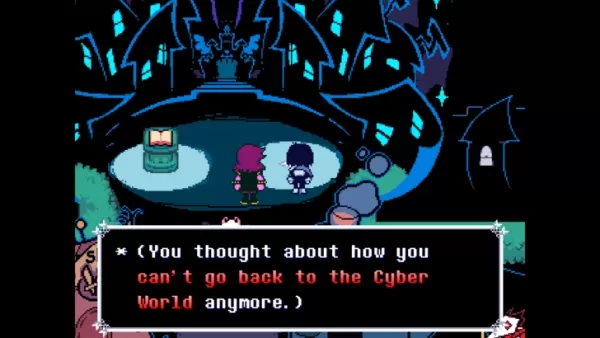
Chapter 2 expands on this idea by transforming spared enemies into members of Castle Town. These aren’t just cosmetic changes—they become shopkeepers, decorators, performers, and familiar faces. The more you engage with enemies and choose peaceful resolutions, the more Castle Town flourishes into a vibrant community.
This evolution reflects a shift in tone and depth. Where Chapter 1 offers subtle consequences, Chapter 2 integrates them into the ongoing narrative. Queen, the dramatic ruler of the Cyber World, mirrors this theme. Her arc centers around control, trust, and learning to let go. If her citizens aren’t recruited, she retreats into isolation—a rare moment of vulnerability that underscores the emotional stakes of your choices.
Castle Town becomes a living space shaped by your interactions. Characters offer unique dialogue lines depending on whether they were spared or defeated. Some unlock new items or music tracks, others add flavor text or visual changes. None of these are essential for completing the game—but they enrich your experience in deeply personal ways.
Notable Recruits
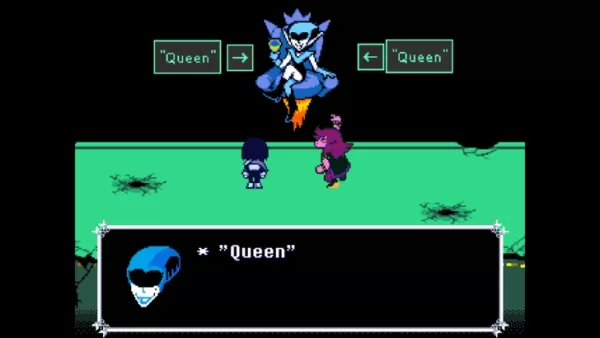
While not every enemy leads to major plot developments, several stand out for how much depth they bring to the game world when spared. Here are a few examples that highlight the emotional richness of Deltarune’s sparing mechanics.
Sweet Cap’n Cakes
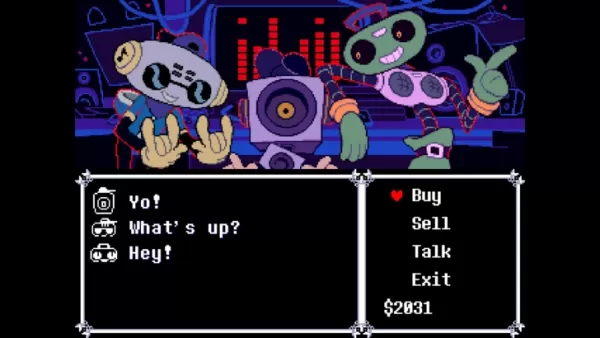
Encountered in the Cyber World, this musical trio thrives on rhythm and performance. Trying to defeat them through combat is nearly impossible—their healing outpaces any damage dealt. This mechanic subtly reinforces the idea that understanding and cooperation are more effective than brute force. Choosing to engage nonviolently turns the fight into a dance-off. Later in Castle Town, they set up a music shop that plays different tunes based on how many monsters you’ve spared.
Tasque Manager
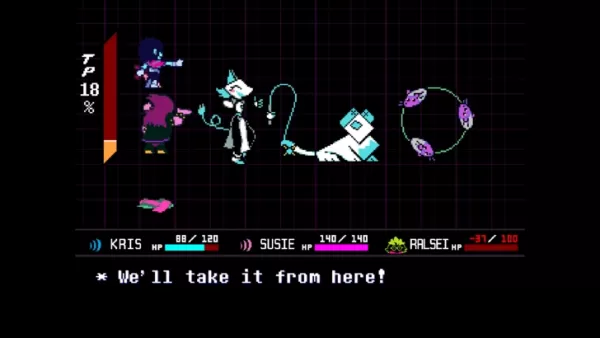
A disciplined yet stylish figure, Tasque Manager oversees her team with a mix of authority and flair. Defeating one of her subordinates causes her to become enraged, making her harder to spare. She responds well to respectful interaction and even challenges you to a quiz during your first meeting. Answer correctly, and she’ll allow herself to be spared immediately.
Werewerewire
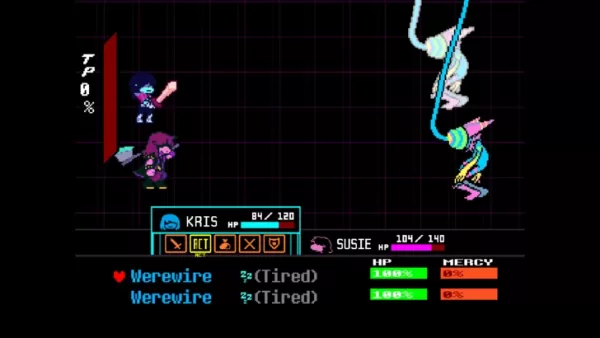
These electrified beings react aggressively to violence. However, using specific ACT commands like BeSweet and BeTough gradually increases their willingness to be spared. One notable line appears after choosing BeSweet: "You and Ralsei whispered sweetly to Werewerewire! It pretended not to care, but ACTs became more effective!" This small touch reveals a softer side beneath their aggressive exterior.
Each of these encounters shows how DELTARUNE uses sparing as a storytelling tool. Choosing nonviolence unlocks deeper character development, richer dialogue, and a more immersive world.
Choosing Kindness In A World That Remembers
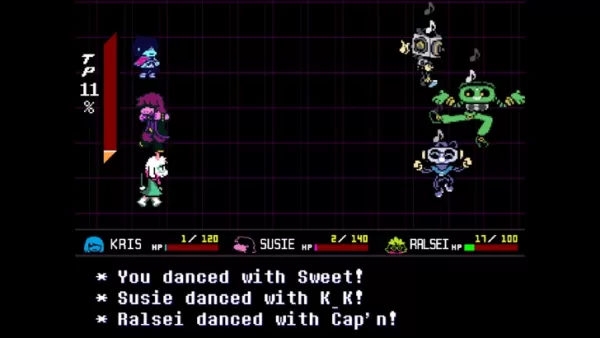
The enemies in DELTARUNE aren’t just obstacles—they’re individuals. Strange, anxious, performative, and deeply human in their own way. Sparing them isn’t about being morally superior; it’s about curiosity, empathy, and connection. Each ACT is a chance to listen. Each Spare is a choice to leave room in your story for someone else.
More than just altering dialogue or unlocking extras, sparing builds the world itself. From bustling shops to heartfelt farewells, the game gently reminds you that kindness leaves lasting marks. You shape Castle Town not with weapons or spells, but with compassion.
And as Chapters 3 and 4 approach, this continuity becomes even more significant. Your recruits carry over. Your relationships persist. According to hints from Toby Fox himself, future chapters may expand on the mechanical and narrative influence of your early choices.
So while DELTARUNE never scolds you for fighting, it always remembers what you chose. The world you return to will reflect the lives you spared—the friends you made, the laughter you shared, or the silence left behind.
You may also like...


